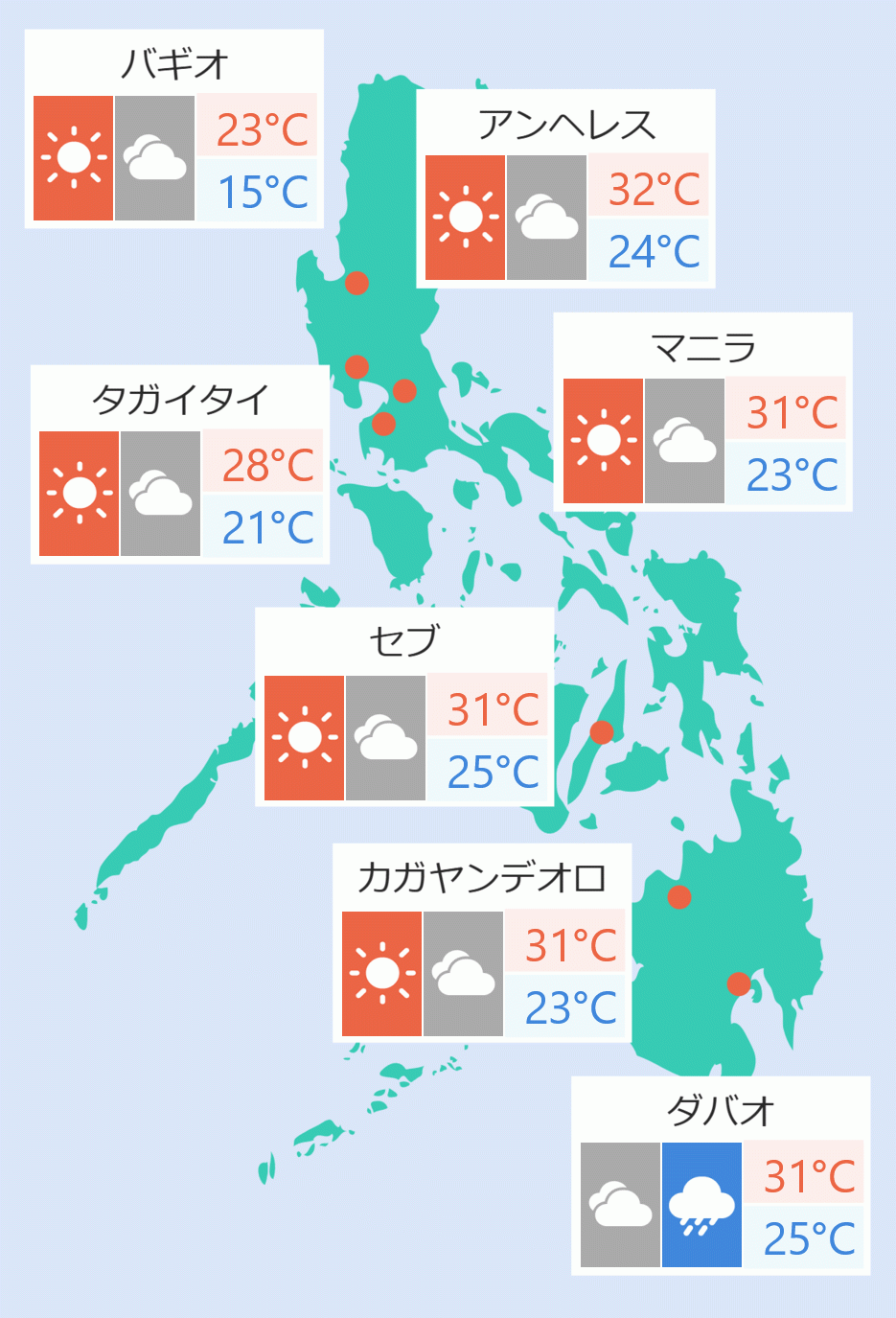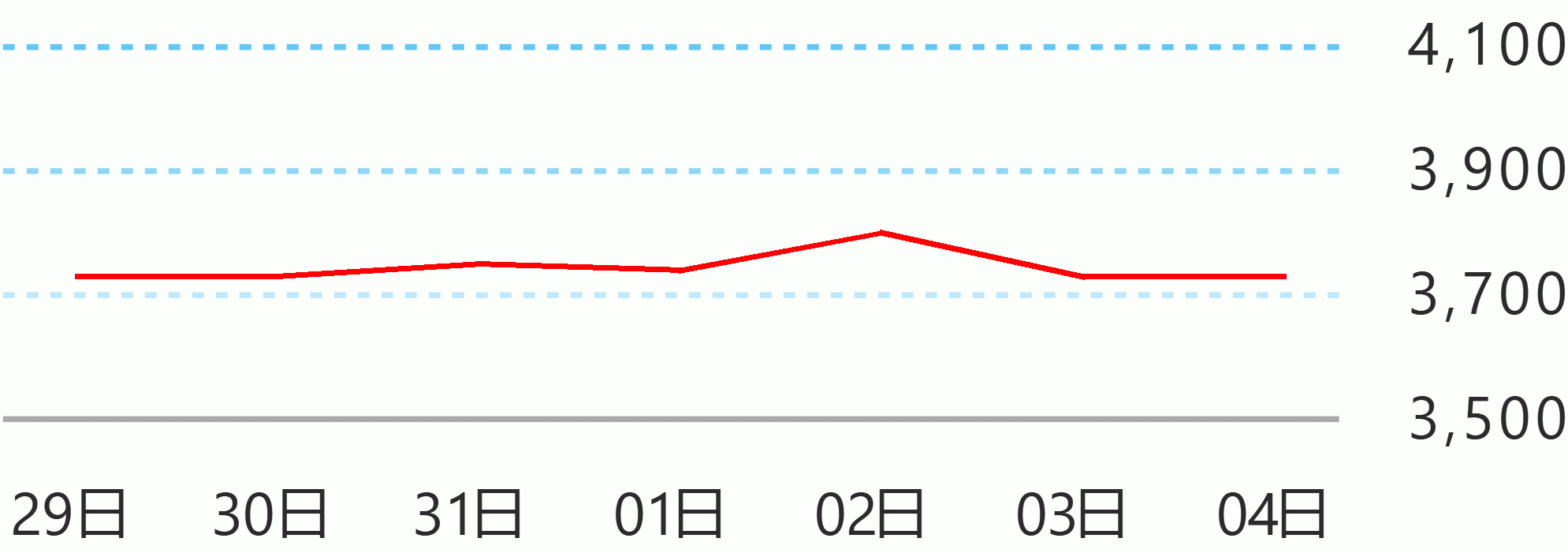By Robina Asido
A Japanese destroyer deployed to the Philippines will join the maritime cooperative activities (MCA) with the United States and Australia on Sunday.
The Japanese Embassy said on Saturday that the Japan’s Maritime Self-Defense Force (JMSDF) deployed a Murasame-class destroyer, "JS Akebono to conduct quadrilateral exercise with the US Navy, Australian Navy and Air Force and Philippine Navy as part of the Philippines-US-Australia-Japan MCA in the South China Sea."
Arsenio Andolong, Department of National Defense spokesman, said the MCA will be participated of a total of four other ships including littoral combat ship USS Mobile, HMAS Warramunga from Australia and BRP Gregorio Del Pilar and BRP Ramon Alcaraz from Philippine Navy.
He said the exercises that will include "communication exercise and division tactics or possible officer of the watch maneuver and a photo exercise" will be conducted from the south going to the northern part of the country within the exclusive economic zone in the West Philippine Sea.
"I cannot give you the exact grid coordinates but it will be within our EEZ in the West Philippine Sea, they will go from south going to the north encompassing the boundary of Wescom (Western Command) and our Nolcom (Northern Luzon Command)," he said.
The Japan Embassy also stated that during the drill "various tactical training will also be held including anti-submarine warfare training, tactical exercise, link exercise (LINKEX) and photo exercise (PHOTOEX)".
The Embassy stressed that the MCA "aims to enhance regional maritime security cooperation among the four countries, and promote freedom of navigation towards the realization of a 'Free and Open Indo-Pacific'."
Andolong said another "objective of MCA is to demonstrate professional interactions among our naval, maritime and air forces, to strengthen the interoperability of defense doctrines, tactics, techniques procedures and its based on long standing military of nations."
"This activity sends a clear message of unity and resolve in upholding universally recognized norms and principles and to represent a practical implementation of our partnership with like minded countries," he added.
In a joint statement, Japan’s Minister of Defense Kihara Minoru underscores the importance of cooperating with like-minded countries to ensure regional peace and stability.
"Guided by the vision of a Free and Open Indo-Pacific (FOIP), Japan has the vital importance of striving to realize a free and open international order based on the rule of law and securing regional peace and stability in cooperation with its ally, like-minded countries and others," he said.
He also noted that "Japan believes that the issue concerning the South China Sea is directly related to the peace and stability of the region and is a legitimate concern of the international community including Japan, Australia, the Philippines, and the United States, and thus Japan opposes any unilateral changes to the status quo by force, such attempts as well as any actions that increase tensions in the South China Sea."
In his part, Defense Secretary Gilberto Teodoro Jr. emphasized that the Comprehensive Archipelagic Defense Concept (CADC) that are implementing by the Philippines "includes strengthening and deepening cooperation and interoperability with all nations, big and small, to maintain regional peace and stability as well as good order at sea based on international law, principally UNCLOS."
"The series of bilateral and multilateral MCA is a step in building our country’s capacity for individual and collective self-defense. This first in a series of activities demonstrates the enduring friendship and partnership among the peace-loving peoples of the Philippines, United States, Australia, and Japan," he added.
US Secretary of Defense Lloyd James Austin stressed that "every country should be free to conduct lawful air and maritime operations."
"These activities with our allies Australia, Japan, and the Philippines underscore our shared commitment to ensuring that all countries are free to fly, sail, and operate wherever international law allows. Our operations together support peace and stability at the heart of our shared vision for a free and open region," he said.
On the other hand, Deputy Prime Minister, Richard Marles reiterated Australia's commitment to working with its partner countries to uphold the global rules-based order.
“Australia has consistently emphasised the importance for all states to be able to exercise rights and freedoms, including freedom of navigation, in a manner consistent with international law, particularly the United Nations Convention on the Law of the Sea," he said.
“This Maritime Cooperative Activity with our partners; the Philippines, Japan and the United States demonstrates our unwavering commitment to working together to maintain a peaceful, stable and prosperous region," he added.
In a joint statement, the four nations stated that the "Maritime Cooperative Activity will be conducted by naval/maritime and air force units in a manner that is consistent with international law as well as domestic laws and rules of respective nations, and with due regard to the safety of navigation and the rights and interests of other states."
"It will also demonstrate professional interactions among naval/maritime and air forces. Ultimately, the Maritime Cooperative Activity will strengthen the interoperability of our defense/armed forces doctrines, tactics, techniques, and procedures," it stated.
"We stand with all nations in safeguarding the international order based on the rule of law that is the foundation for a peaceful and stable Indo-Pacific region. Our four nations reaffirm the position regarding the 2016 South China Sea Arbitral Tribunal Award as a final and legally binding decision on the parties to the dispute," it added. DMS





 English
English







